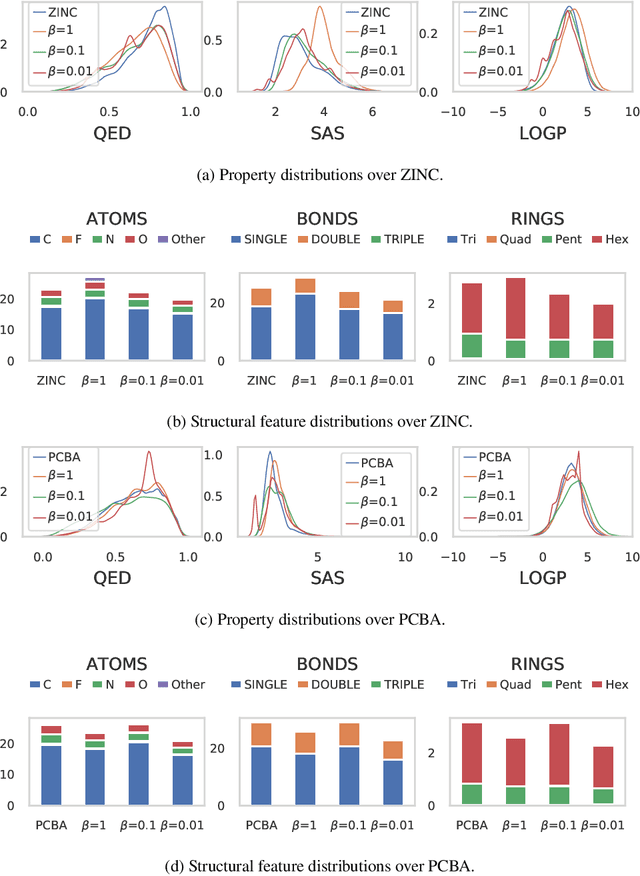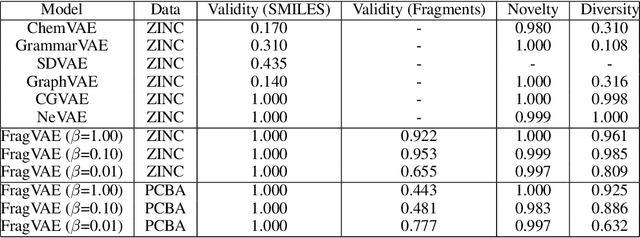Alain Tchagang
OBELiX: A Curated Dataset of Crystal Structures and Experimentally Measured Ionic Conductivities for Lithium Solid-State Electrolytes
Feb 20, 2025



Abstract:Solid-state electrolyte batteries are expected to replace liquid electrolyte lithium-ion batteries in the near future thanks to their higher theoretical energy density and improved safety. However, their adoption is currently hindered by their lower effective ionic conductivity, a quantity that governs charge and discharge rates. Identifying highly ion-conductive materials using conventional theoretical calculations and experimental validation is both time-consuming and resource-intensive. While machine learning holds the promise to expedite this process, relevant ionic conductivity and structural data is scarce. Here, we present OBELiX, a domain-expert-curated database of $\sim$600 synthesized solid electrolyte materials and their experimentally measured room temperature ionic conductivities gathered from literature. Each material is described by their measured composition, space group and lattice parameters. A full-crystal description in the form of a crystallographic information file (CIF) is provided for ~320 structures for which atomic positions were available. We discuss various statistics and features of the dataset and provide training and testing splits that avoid data leakage. Finally, we benchmark seven existing ML models on the task of predicting ionic conductivity and discuss their performance. The goal of this work is to facilitate the use of machine learning for solid-state electrolyte materials discovery.
Deep Evolutionary Learning for Molecular Design
Dec 28, 2020



Abstract:In this paper, we propose a deep evolutionary learning (DEL) process that integrates fragment-based deep generative model and multi-objective evolutionary computation for molecular design. Our approach enables (1) evolutionary operations in the latent space of the generative model, rather than the structural space, to generate novel promising molecular structures for the next evolutionary generation, and (2) generative model fine-tuning using newly generated high-quality samples. Thus, DEL implements a data-model co-evolution concept which improves both sample population and generative model learning. Experiments on two public datasets indicate that sample population obtained by DEL exhibits improved property distributions, and dominates samples generated by multi-objective Bayesian optimization algorithms.
 Add to Chrome
Add to Chrome Add to Firefox
Add to Firefox Add to Edge
Add to Edge